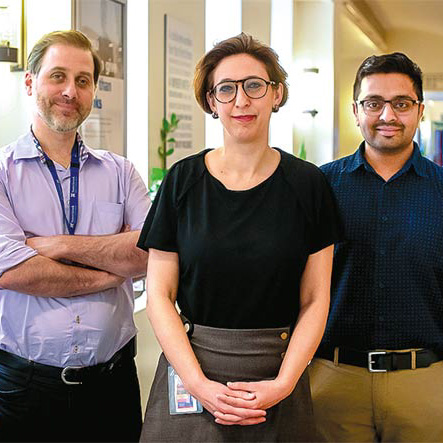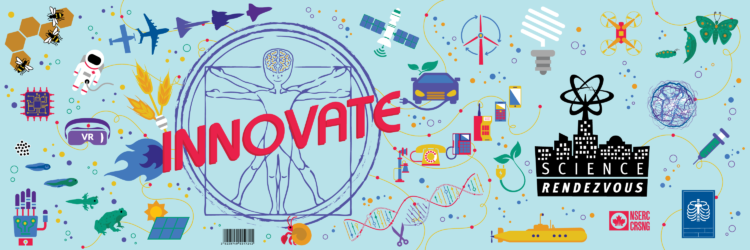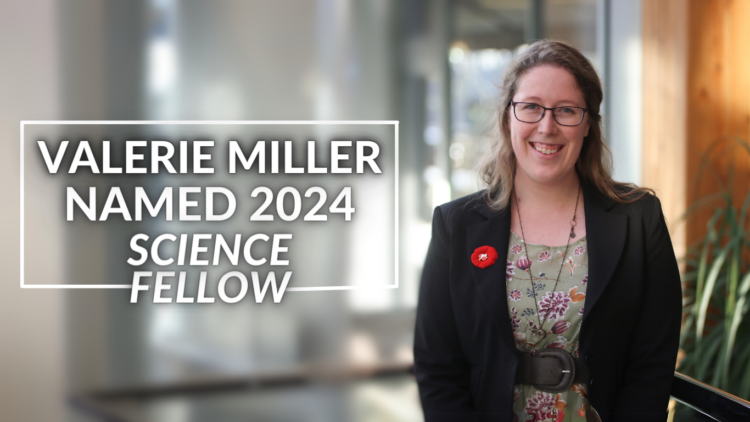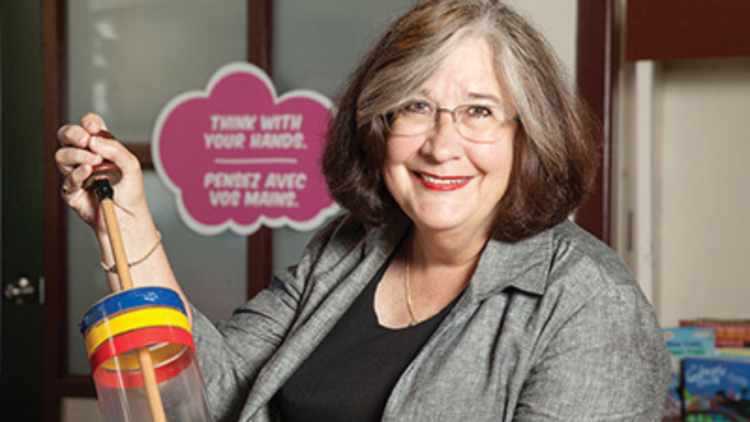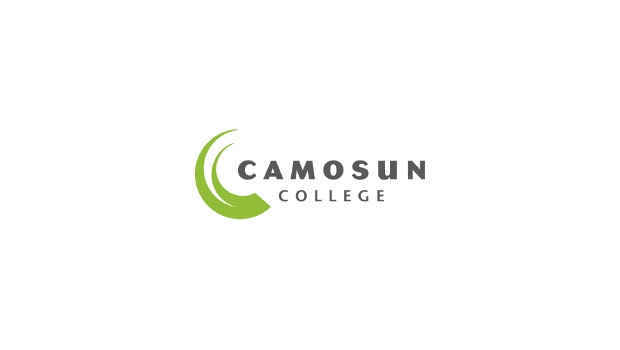“When I grow up, I want to be a guy who gets called in if there’s an outbreak,” Arinjay Banerjee used to tell his friends. Now he is. “What’s happening with the outbreak is sad, but I’m glad I can contribute to the process of understanding this and controlling this outbreak.” Banerjee’s research is focused on coronaviruses and bats. It’s a rare but perfect combination to collaborate with Dr. Karen Mossman, Dr. Samira Mubareka and Dr. Robert Kozak on researching the virus responsible for the COVID-19 outbreaks, which is believed to have spread from bats to humans.
On March 10, the team of researchers from Sunnybrook Health Sciences Centre, University of Toronto and McMaster University were not only able to isolate the virus, but also grow copies of it. This is an important step to combatting the virus in a number of ways. It will help researchers study how the virus works and changes over time, develop vaccines, assess antivirals for treatments, and improve testing. As Banerjee says, “You can’t validate anything without the virus.”
What made this possible was Canadian researchers from different world-class institutions coming together as a team. “It demonstrates the amazing things that can happen when we collaborate,” said Kozak in a statement.
In a broader perspective, sharing this with other researchers around the world is crucial for the global response to COVID-19. Collaboration, sharing and learning from each other will be an important aspect of the efforts against the virus.
“[It’s] been absolutely amazing to me to see how the community has come together,” Dr. Karen Mossman, McMaster’s acting vice-president of research and Banerjee’s supervisor told the Toronto Star, “There has been a lot of sharing of information, not just within labs within Canada, but internationally, people who are willing to put their research and their findings out in the public so that it gets out as quickly as possible so everyone can learn from that, which will of course prevent them from ever patenting it and getting any commercialization out of that.”
Infectious diseases physician and microbiologist Dr. Samira Mubareka, along with clinical biologist Dr. Kozak, is now leading Sunnybrook’s newly established Sunnybrook Translational Research Group for Emerging and Respiratory Viruses (SERV), which will accelerate the research on COVID-19. The group will focus on three streams of research: vaccines and therapeutics, virus biology, and transmission prevention.
At McMaster University, Dr. Karen Mossman, Dr. Arinjay Banerjee and their colleagues are using the isolated virus to understand how it interacts with the human immune response. This information will be beneficial for researchers designing drugs and vaccines.
Congratulations to this amazing team and many others for their hard work contributing to urgent COVID-19 research!
